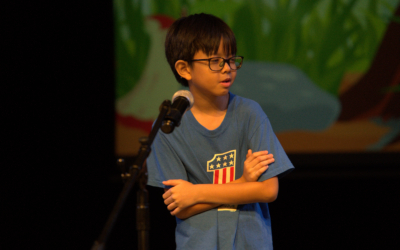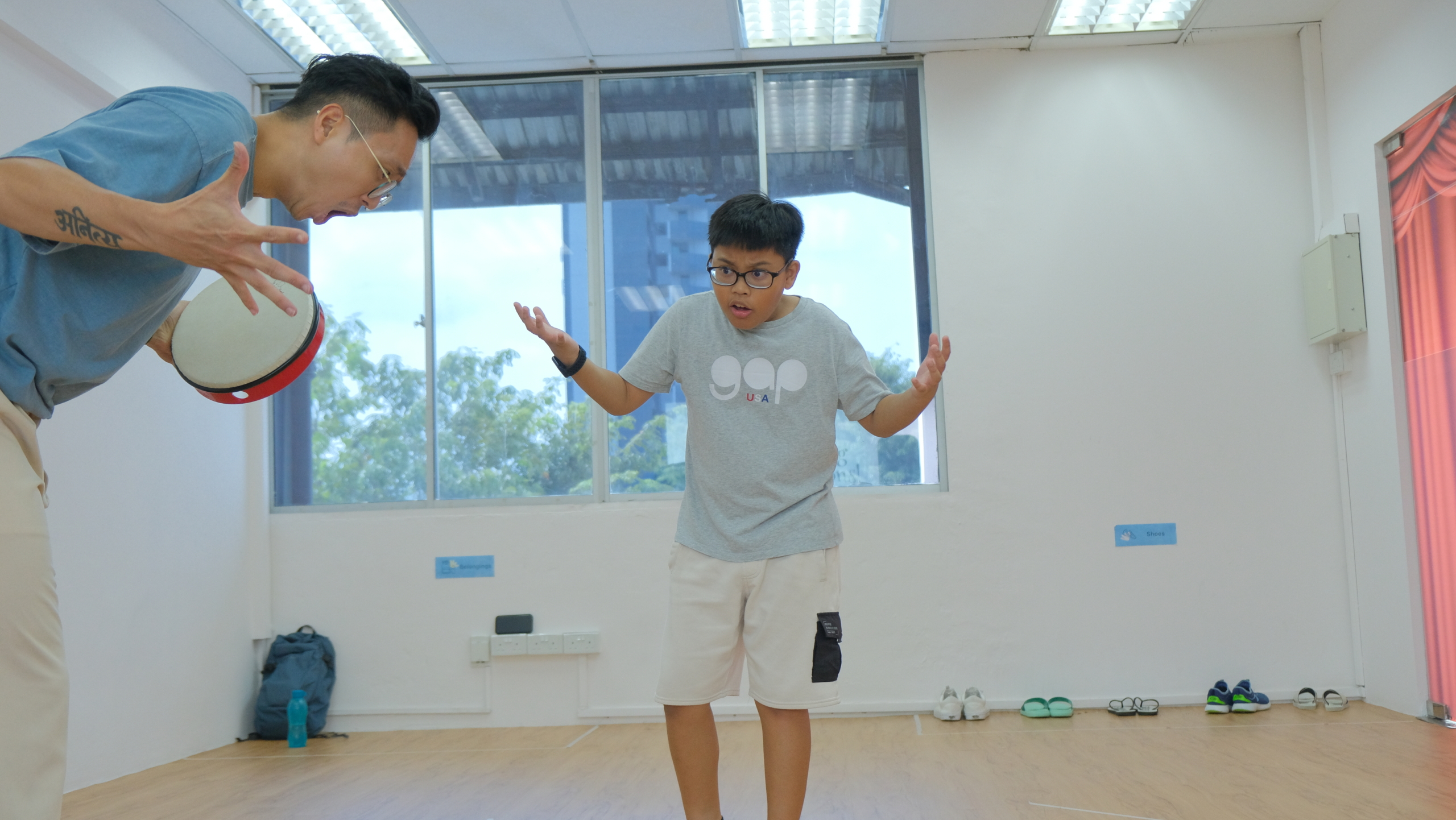Key Ingredients of a Good Drama Programme for Toddlers
A good drama programme can significantly enhance a toddler’s learning and development. What makes a good drama programme? What should you look out for? We have prepared a series of questions to help you decide if a programme is to be (or not to be).
Is it fun?

A good drama programme has imaginative lessons with dynamic teachers that bring classes to life and motivate your child to participate. Have a chat with the teaching staff to find out more about the curriculum. You’ll also get a sense of how approachable they are. This will help to answer our next question.
Will my child feel safe?
Toddlers are more ready to explore, interact, and discover when they feel safe. Having an approachable teacher that your child can trust in class is essential.
Your toddler would also feel less anxious and a little more confident in classes that are structured and predictable. A good drama programme creates structure with repetition, patterns, and by setting clear boundaries and expectations.
Be sure to check out the physical environment as well. Is it clean and bright? Is there age-appropriate furniture, if any? Is the overall environment pleasant? A plain and empty space can seem cold and boring, and a cluttered room with too many displays and colours can be overwhelming for your child. The environment should feel inviting, but not over-stimulating!
Is there sufficient and appropriate use of resources?

Puppets are magical creatures that add flavour to drama classes. When puppets enter a class, participation increases even with toddlers who are less verbal or shy. Puppets also enhance social development! They are friends, role-models, and at times temporary foes. Children learn to celebrate with a puppet and comfort it; they may also learn how it feels to be on the receiving end of a tantrum.
Every child is different. Sometimes the best way to evaluate a programme is to try it out. Look out for programmes that offer trial classes. Trial classes are a great way for your toddler to get a taste of drama, and get a sense of the environment, the teachers, and other students. It might also help you determine if your child is ready!
Take your time, be picky, choose a programme that works for your tot. Next week, we’ll find out what’s the difference between phonics lessons and drama classes.


